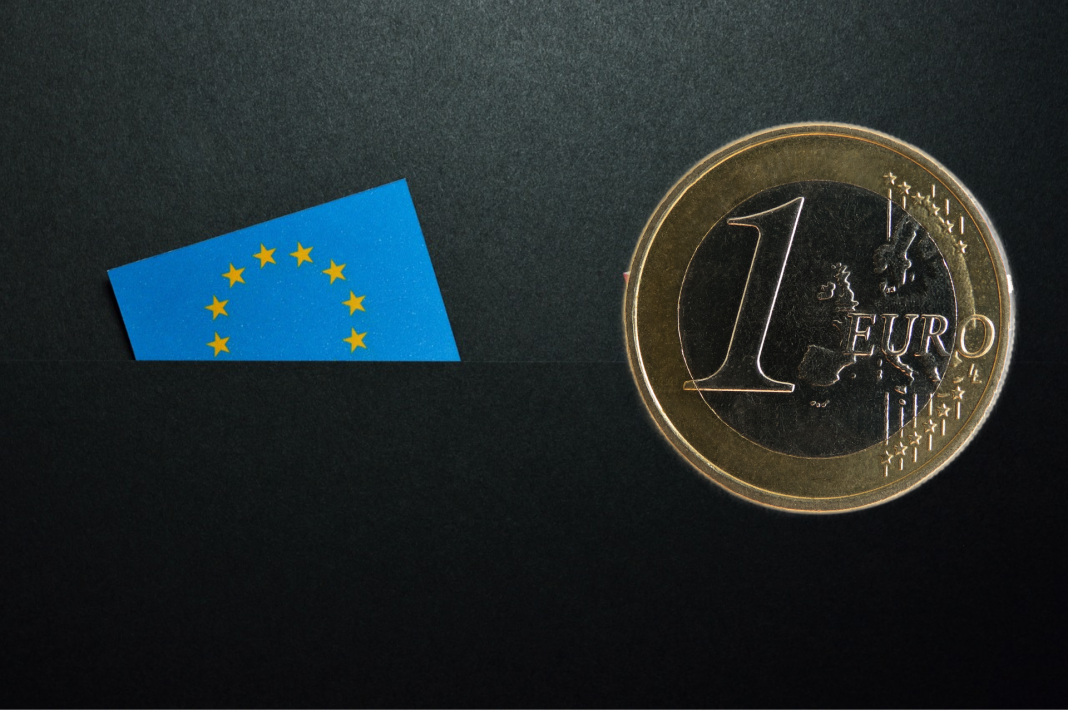This Chapter argues that just as the NGEU is commonly seen as a move towards a “Fiscal Europe,” SURE should be seen as an important step in the direction of “Social Europe.” In April 2020, the EU introduced the European instrument for Temporary Support to mitigate Unemployment Risks in an Emergency (SURE). The SURE instrument was the only EU pandemic emergency measure specifically targeted at keeping people in work. Its purpose was to provide financial support to member states programmes to support workers through existing – as well as newly introduced and expanded – short term work schemes. This Chapter analyses the SURE programme, tracing its historical background in previous macroeconomic and social policy debates, as well as its creation and implementation. Given its constraints, in particular its modest €100bn size and its time-limited character, SURE provided a vital backstop that helped to protect the jobs of millions of EU citizens, making it a marked success of (post) pandemic economic governance. While it was quickly overshadowed by the larger NGEU programme that followed it, the SURE programme was of historical significance in its own right, as it stands as the EU’s largest ever single intervention in the field of social policy.
Reference: Cooper, I., ‘European Solidarity in Action: The SURE Programme between Fiscal Means and Social Ends‘, ‘Jean Monnet Centre of Excellence REBUILD Working Paper Series No.25/2024.
Author: Dr Ian Cooper, Senior Research Fellow, DCU Brexit Institute, Dublin City University.
This text has originally been published here.



